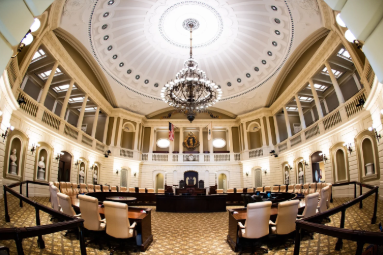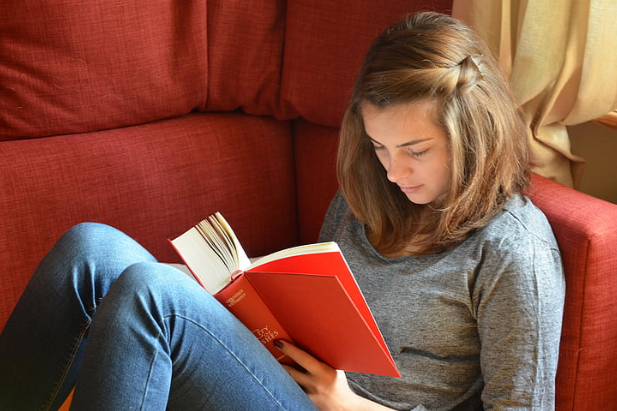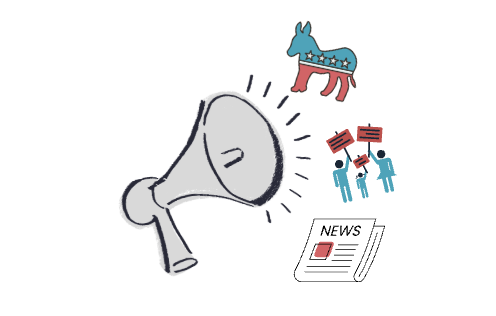The Effects of Daylight Savings

Daylight saving has been happening for many years and now we finally are questioning it. Losing a hour of sleep can have effects greater than one would think.
March 13, 2023
Sunday March 12, the clock jumped an hour ahead, causing us to lose an hour of sleep. Now we will be waking up in the dark, but will have later sunsets. Daylight savings was made for better use of the sunlight during the summer time. Basically springing forward moves an hour of sunlight from the morning to the evening. The topic of daylight savings has been up for debate in more recent years and was in a bill in congress but did not end up passing last year.
Springing forward affects the human body and can cause harm to it. From March to November we are exposed to less morning light and more evening light and this can throw off your circadian rhythm. This can cause someone to become sleep deprived and this can lead to many other symptoms,for example depression, slowed metabolism, frequent headaches, and weight gain. Losing sleep is not good for health and the effects of springing forward could be prevented if we did not do it anymore. Freshman Brice McClendon here at Millbrook says, “I am so tired and it just feels weird when I look at the clock and it is later than I expect.” Through the time moving forward we are now starting our mornings an hour earlier and this messes up our routines.
Research has shown that on average due to daylight saving time Americans lose about 40 minutes of sleep. In the days that follow the time change car accidents spike because of drivers not getting adequate sleep, which is just another example of how daylight savings has negatively impacted us. Sophomore Parker McShea says, “I was not able to go to bed last night because the time was throwing me off and I wish we did not have to have the time change.” Hopefully daylight savings will be a topic that gets discussed again in congress to try to get rid of it. Time will tell!










